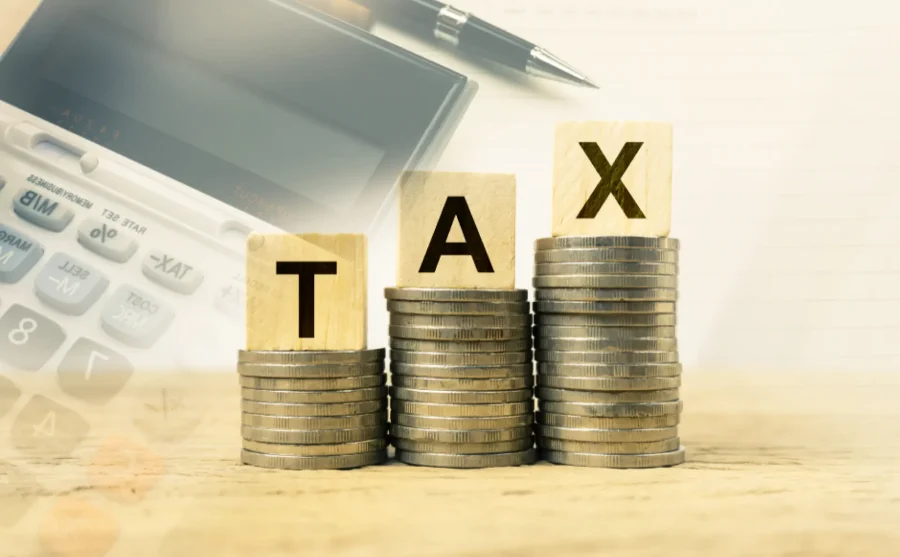Brazilian President Luiz Inacio Lula da Silva has not even been in power for 100 days but has already provoked the wrath of foreign oil companies with the creation of a new tax on crude exports.
Multinationals Repsol, TotalEnergies, Shell, Equinor and Galp have petitioned a federal court to suspend the 9.2 percent tax due to run from March to July and announced by the government last month.
That announcement came on the same day that Finance Minister Fernando Haddad partially restored a tax on fuel that had been suspended by Lula’s predecessor Jair Bolsonaro during last year’s election campaign.
Mining and Energy Minister Alexandre Silveira said the new crude tax would be an “opportunity to attract (investors) interested in the internal refining” of crude to sell to the domestic market rather than to export.
Brazil is the world’s ninth largest producer of crude with more than three million barrels a day, mostly drilled from offshore platforms.
Lula, who began his third mandate on January 1, wants to boost the public purse to fund social programs.
During his first two terms as president from 2003-10, his social programs lifted millions out of poverty.
However, unlike the first decade of the century when there was a boom in primary materials, Brazil’s economic situation in 2023 is a lot less prosperous.
The latest projection from Brazil’s central bank is for growth to be less than one percent this year.
Due to a lack of resources, the government “looked for the easiest solution, which puts it in conflict with fewer people,” said economics professor Juliana Inhasz, from the Isper institute.—AFP










